Introduction
Tower Type Manure Treatment Equipment is an advanced system designed to manage, treat, and process manure from livestock and poultry farms efficiently and sustainably. Manure management is a critical aspect of modern farming, not only to maintain hygiene and reduce odors but also to minimize environmental pollution and promote resource recovery.
Unlike traditional manure handling methods, tower type manure treatment systems utilize vertical structures equipped with advanced aeration, filtration, and biological treatment processes to break down organic waste effectively. These systems transform raw manure into valuable byproducts like organic fertilizer or biogas, enhancing farm sustainability and profitability.
This manure treatment technology is widely applied in poultry farms, pig farms, dairy operations, and other livestock facilities, addressing the increasing demand for eco-friendly waste management practices. By integrating automation and environmental control, tower type manure treatment equipment offers an efficient, space-saving, and cost-effective manure processing solution.
Technical Parameters
Equipment Type | Tower Type Manure Treatment Equipment |
Treatment Capacity | 5 to 50 cubic meters per day (customizable) |
Tower Height | 4 to 12 meters |
Diameter | 1.5 to 4 meters |
Material | Stainless steel or coated carbon steel |
Aeration System | Forced aeration with blowers |
Control System | PLC automation with remote monitoring |
Power Supply | 220V/380V, 50Hz |
Treatment Duration | 7 to 15 days |
Suitable Waste Types | Poultry manure, pig manure, cow dung, organic waste |
Output Products | Organic fertilizer, biogas (optional) |
Odor Control | Biofiltration or chemical scrubbers |
Features of Tower Type Manure Treatment Equipment
1. Vertical Space Saving Design
The tower structure allows manure treatment to be carried out vertically, reducing the footprint compared to traditional horizontal treatment pits or lagoons.
2. Advanced Aeration and Mixing
Forced aeration systems promote efficient microbial activity, accelerating the breakdown of organic matter and reducing odors.
3. Automated Control System
Equipped with PLC-based automation, sensors monitor temperature, oxygen levels, and moisture, optimizing treatment conditions and allowing remote control.
4. Multi-Stage Treatment Process
The system integrates mechanical, biological, and chemical processes for comprehensive treatment — from solid-liquid separation to biological decomposition.
5. Odor Reduction Technology
Incorporates biofilters or chemical scrubbers to neutralize odors during treatment, improving farm air quality.
6. Durable and Corrosion-Resistant Materials
Constructed with stainless steel or specially coated metals to withstand harsh manure environments and extend equipment lifespan.
7. Resource Recovery
Converts manure into valuable organic fertilizer or biogas, turning waste into profitable products.
8. Scalable and Customizable
Can be tailored to farm size and manure volume, suitable for small, medium, and large-scale operations.
Advantages of Tower Type Manure Treatment Equipment
1. Environmental Protection
Effectively reduces nutrient runoff, greenhouse gas emissions, and water pollution associated with manure disposal.
2. Improved Farm Hygiene
Reduces pathogens and insect breeding grounds, minimizing disease risks for livestock and farm workers.
3. Odor Control
Advanced odor neutralization improves worker comfort and community relations.
4. Efficient Nutrient Recycling
Produces high-quality organic fertilizer that improves soil health and reduces reliance on chemical fertilizers.
5. Energy Generation
Optional biogas recovery systems provide renewable energy for farm use, reducing operational costs.
6. Labor Savings
Automation decreases manual handling and monitoring needs.
7. Compact Design
Vertical tower saves valuable farm space, especially important in areas with land constraints.
8. Long-Term Cost Efficiency
Reduces waste disposal costs and generates byproducts with economic value.
Application Scenarios
1. Poultry Farms
Treats chicken and turkey manure to control odors and recycle nutrients.
2. Pig Farms
Manages pig slurry and solid waste, reducing pollution and producing fertilizer.
3. Dairy Farms
Processes cow manure into organic fertilizer and biogas.
4. Mixed Livestock Operations
Handles manure from multiple species efficiently within one system.
5. Organic Farms
Supports organic waste recycling in compliance with certification requirements.
6. Biogas Production Facilities
Integrates manure treatment with anaerobic digestion for renewable energy.
Usage Instructions
1. Installation
Select a firm, level site with access to power and water.
Assemble the tower structure according to manufacturer specifications.
Connect aeration blowers, control panels, and sensors.
Ensure proper plumbing for manure inlet and outlet.
2. Operation
Feed manure into the tower at recommended volumes and intervals.
Monitor treatment parameters such as temperature, oxygen, and moisture.
Adjust aeration rates and mixing cycles via control system.
Collect treated manure or byproducts as per farm needs.
Use odor control systems during processing.
3. Maintenance
Inspect blowers, sensors, and control panels regularly.
Clean filters, biofilters, and scrubbers as needed.
Check tower integrity for corrosion or damage.
Calibrate sensors periodically for accuracy.
Schedule preventive maintenance for mechanical parts.
4. Safety Precautions
Follow electrical safety procedures during installation and operation.
Wear protective gear when handling manure and chemicals.
Ensure proper ventilation in the treatment area.
Train staff on emergency shutdown and troubleshooting.
Maintenance Tips
Conduct daily visual inspections during operation.
Replace worn blower parts and seals promptly.
Clean odor control units monthly to maintain efficiency.
Lubricate mechanical components as recommended.
Keep detailed maintenance logs and schedule regular servicing.
Frequently Asked Questions (FAQ)
Q1: What types of manure can this equipment process?
A: Poultry manure, pig manure, cow dung, and other organic livestock waste.
Q2: How long does the treatment process take?
A: Typically 7 to 15 days, depending on manure volume and system settings.
Q3: Can the equipment produce biogas?
A: Yes, optional integration with anaerobic digesters enables biogas production.
Q4: What is the capacity range?
A: Usually 5 to 50 cubic meters per day, customizable to farm size.
Q5: How does the system control odors?
A: Through biofilters, chemical scrubbers, and aeration management.
Q6: Is the equipment energy efficient?
A: Yes, designed with efficient blowers and automated controls to minimize power use.
Q7: What materials are used in construction?
A: Stainless steel or coated carbon steel for corrosion resistance.
Q8: How often is maintenance required?
A: Regular checks are daily; detailed servicing is monthly or quarterly.
Q9: Can the system handle mixed livestock manure?
A: Yes, designed to process various types of manure simultaneously.
Q10: What are the environmental benefits?
A: Reduces pollution, recycles nutrients, lowers greenhouse gas emissions, and promotes sustainable farming.
Conclusion
Tower Type Manure Treatment Equipment provides an innovative, efficient, and environmentally friendly solution for managing livestock and poultry manure. Its vertical design, advanced aeration, and automated control systems optimize manure breakdown, reduce odors, and convert waste into valuable byproducts like organic fertilizer and biogas.
By adopting this technology, farms can significantly improve hygiene, reduce environmental impact, and enhance sustainability while saving labor and operational costs. This equipment is suitable for a variety of livestock farms and scalable to meet diverse manure treatment needs.
Investing in tower type manure treatment equipment is a strategic step toward modern, sustainable, and profitable animal farming.
Company Profile
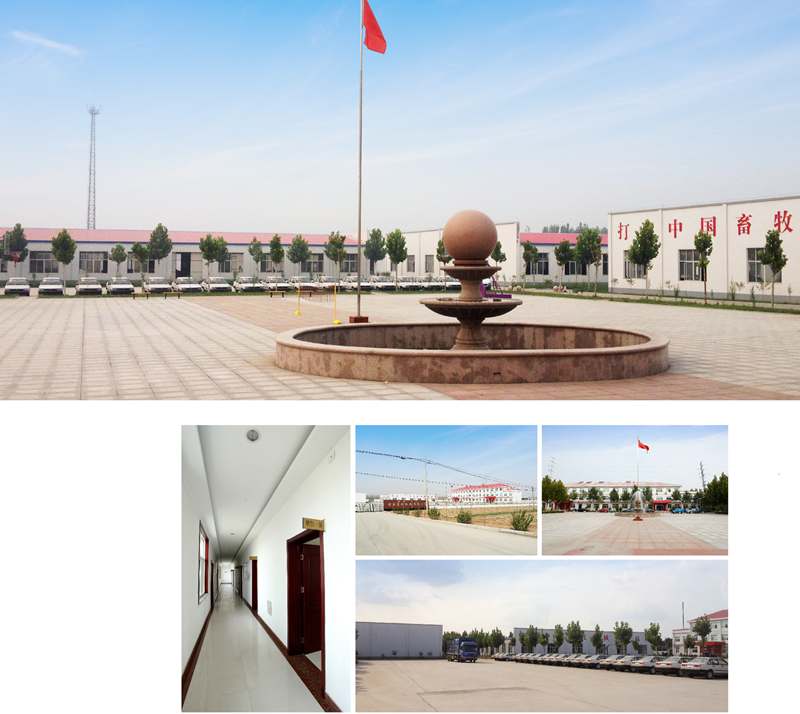
Shandong Huimin Qinle Livestock Machinery Co., Ltd. (formerly Shandong Huimin Qinle Livestock Machinery Factory) is a professional poultry equipment manufacturer with over 20 years of experience. We offer a comprehensive service package, from design (land and chicken coops), production (equipment and prefabricated steel coops), installation, commissioning, customer training, and after-sales service.
Located in Huimin County, Binzhou City, Shandong Province, China, the company has extensive experience in mechanical processing and manufacturing, as well as livestock machinery production and operation. With fixed assets of RMB 15 million, the company employs 160 people, including 30 R&D staff, and occupies a 40,000-square-meter factory. Equipped with over 110 pieces of advanced precision production equipment, including CNC machining centers and laser cutting machines, the company boasts a production capacity of RMB 50 million.
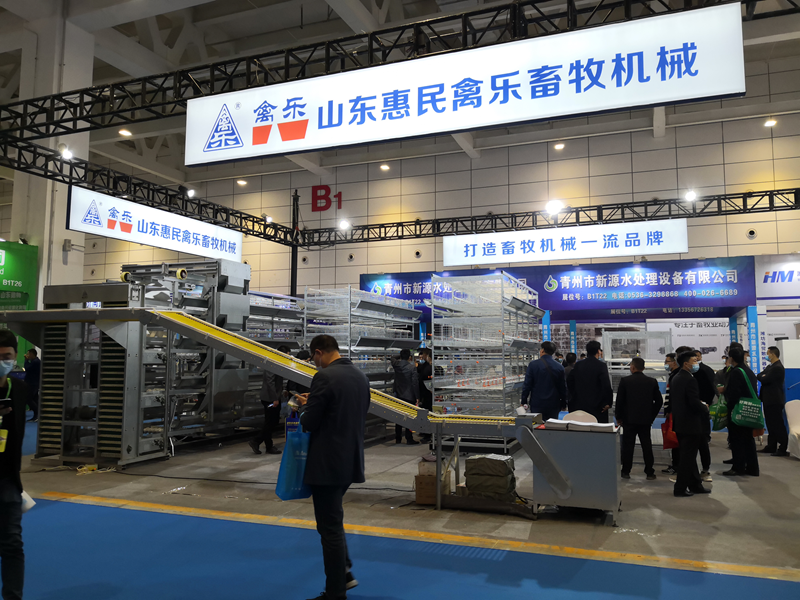
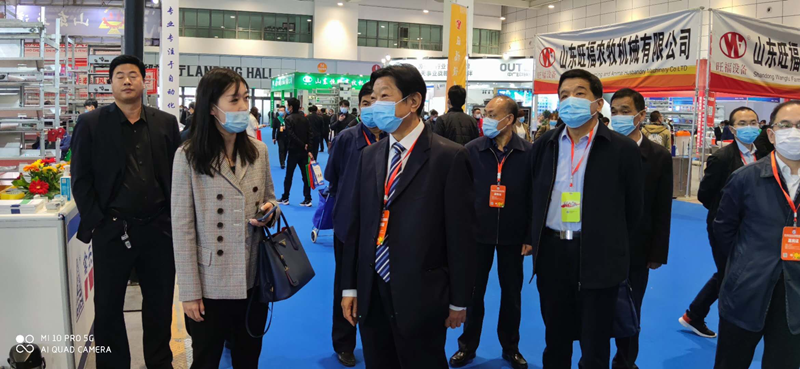
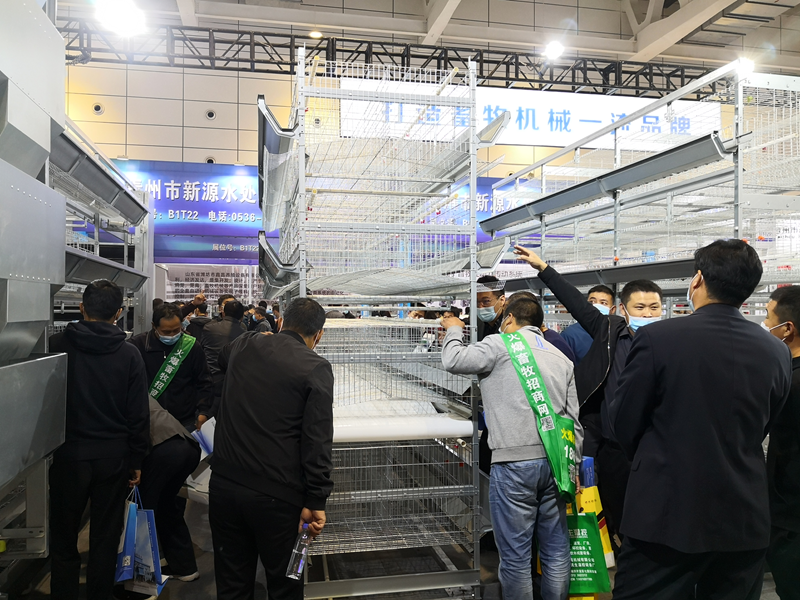
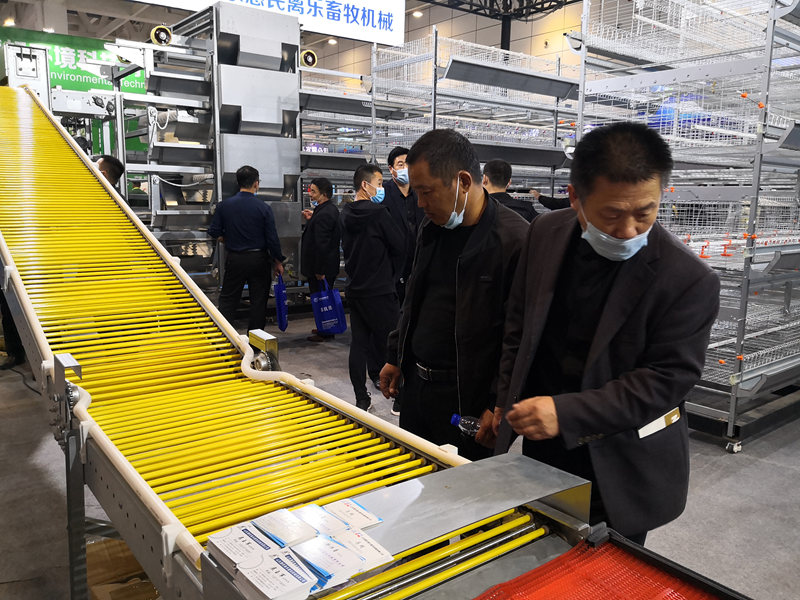
Chicken Farming Equipment Mesh Production Workshop

Machining Workshop
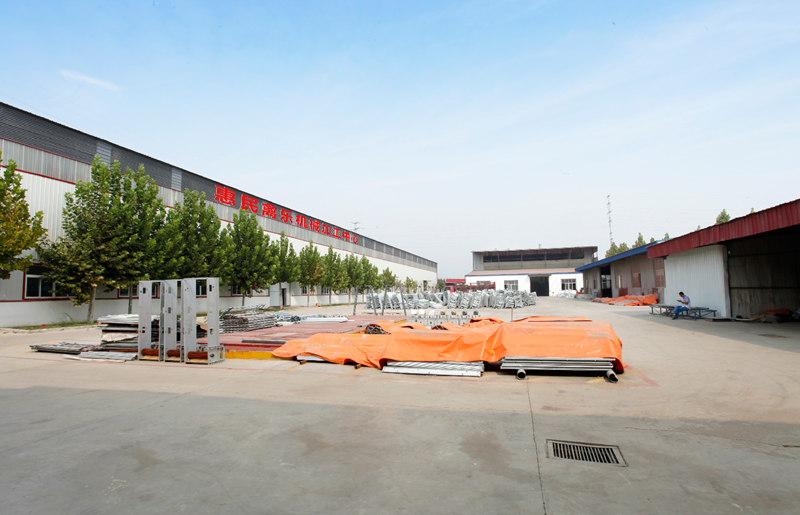
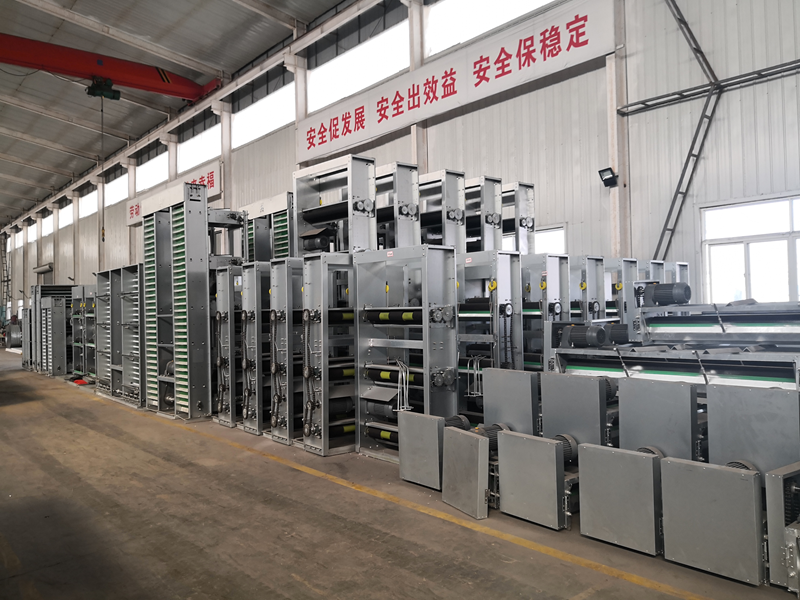
Turret-type CNC Punch Press, Laser Cutting and Other Machining Equipment
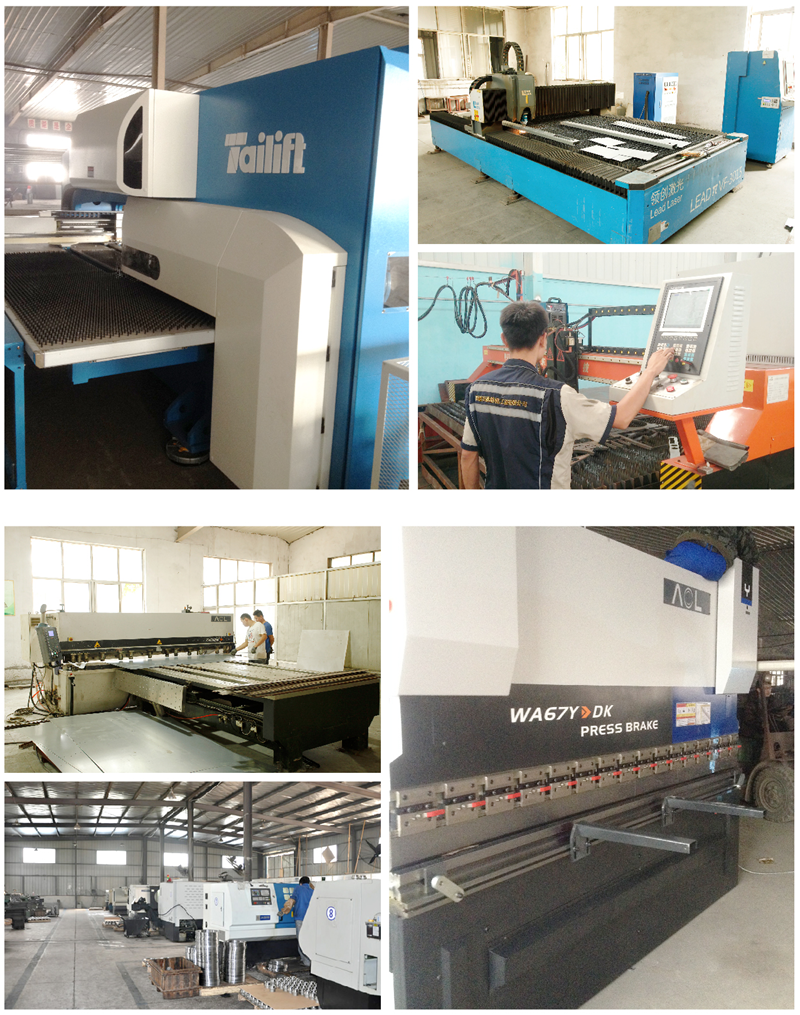
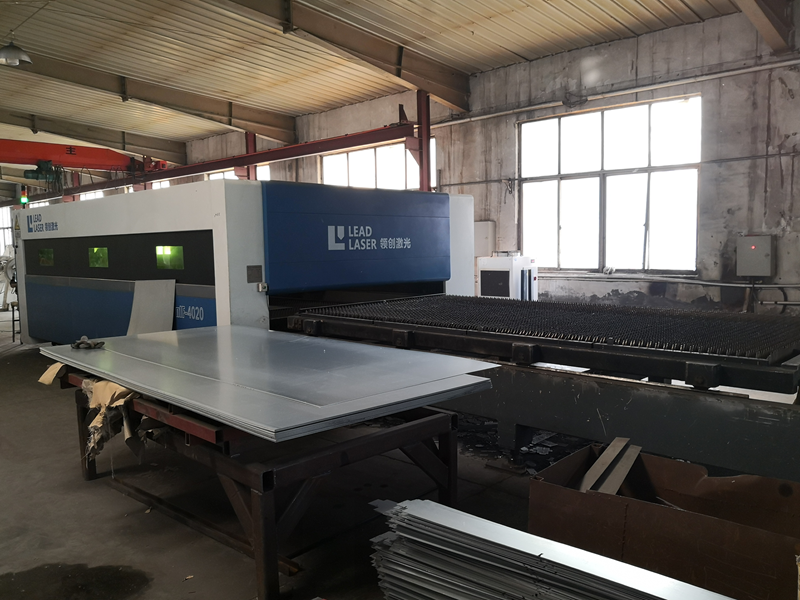

Fully Automated Roll Forming Production Line

Hot-dip Galvanizing Production Line

Electroplating Production Line
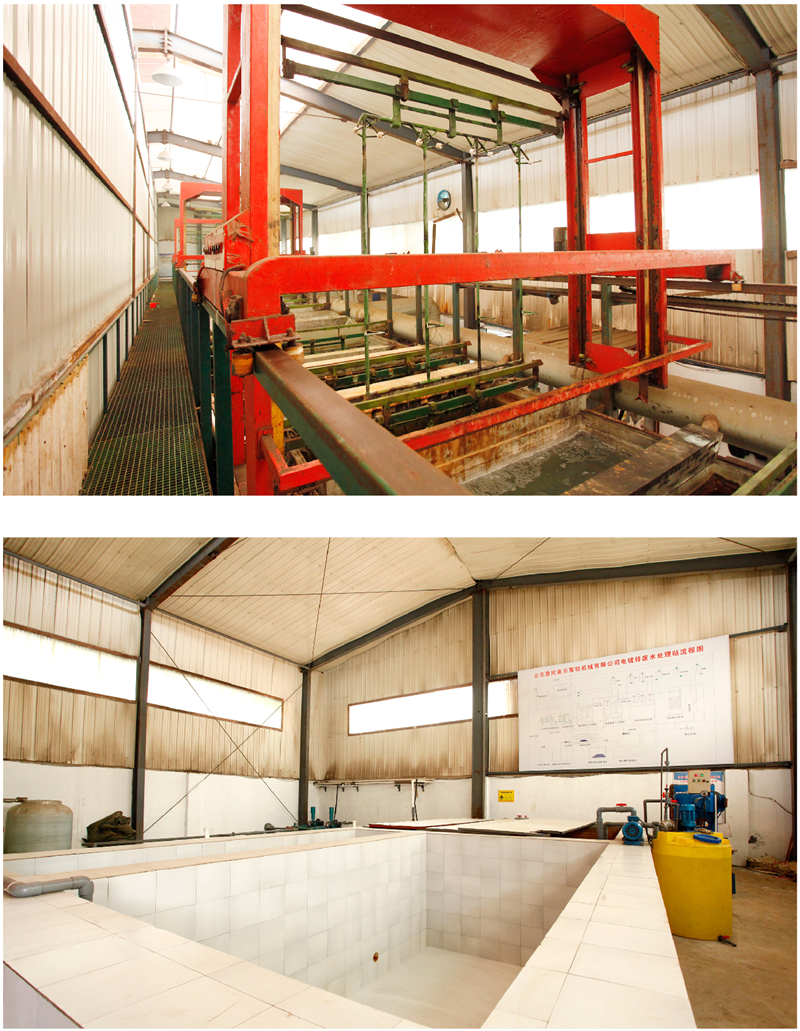
Environmental Protection Equipment
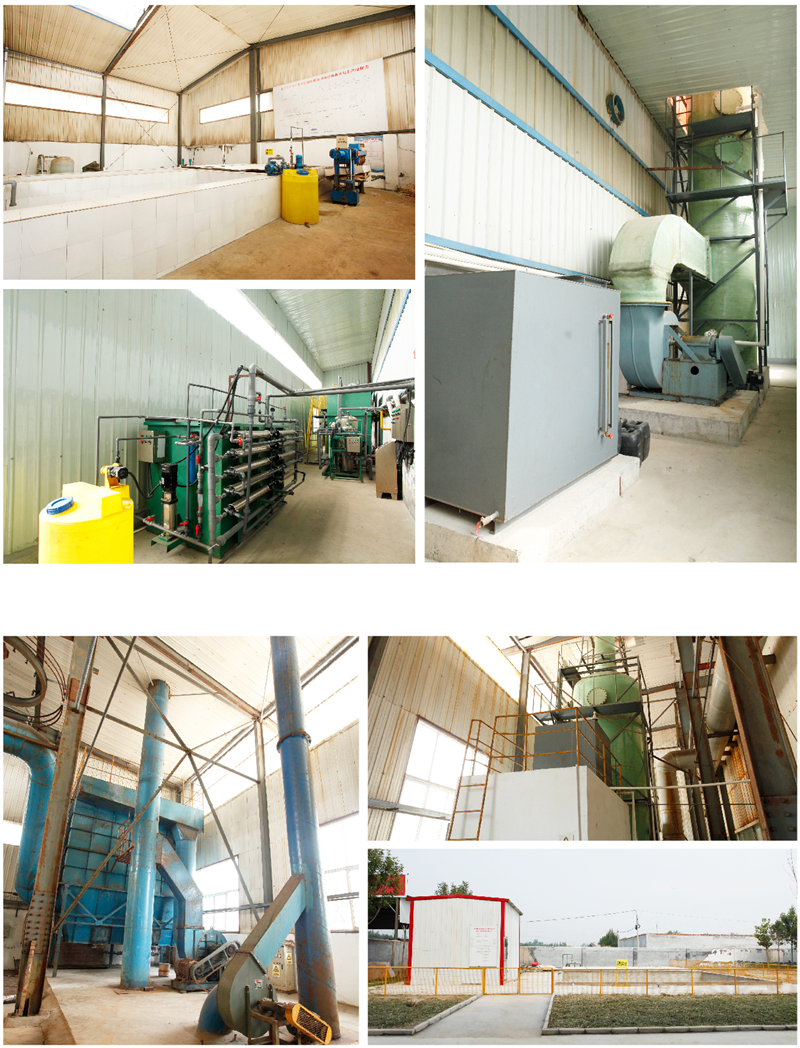
Chicken Farming Equipment Product Series
Egg-laying Hen Farming Equipment
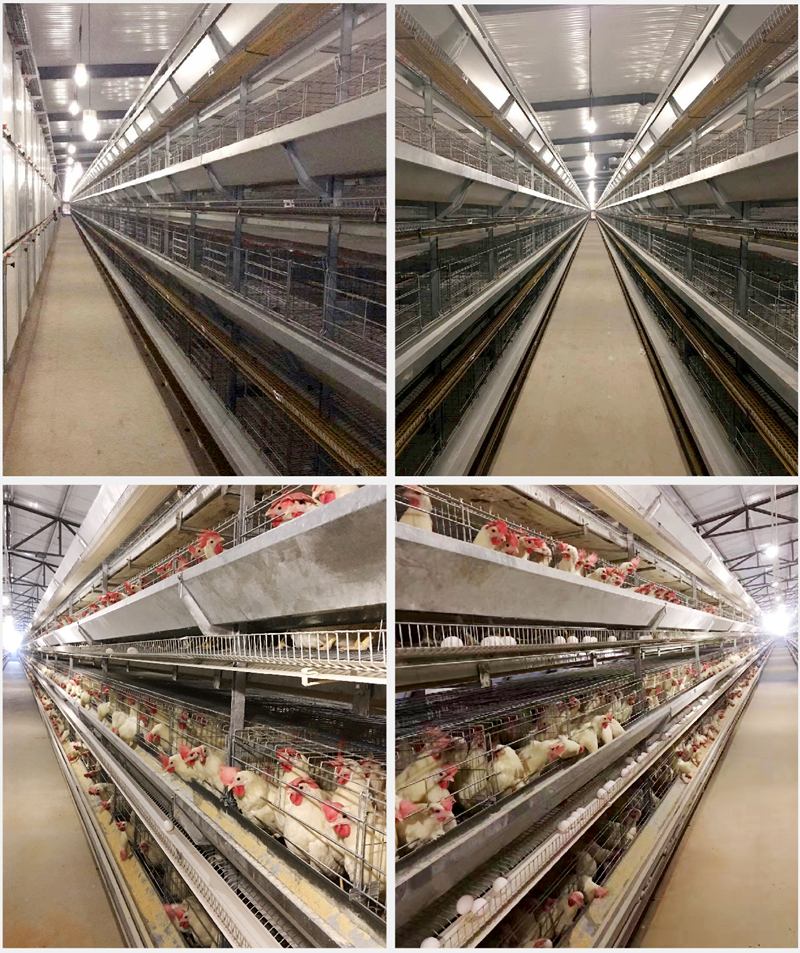
Stacked Brooding Cage Equipment

Stacked Broiler Cage Equipment
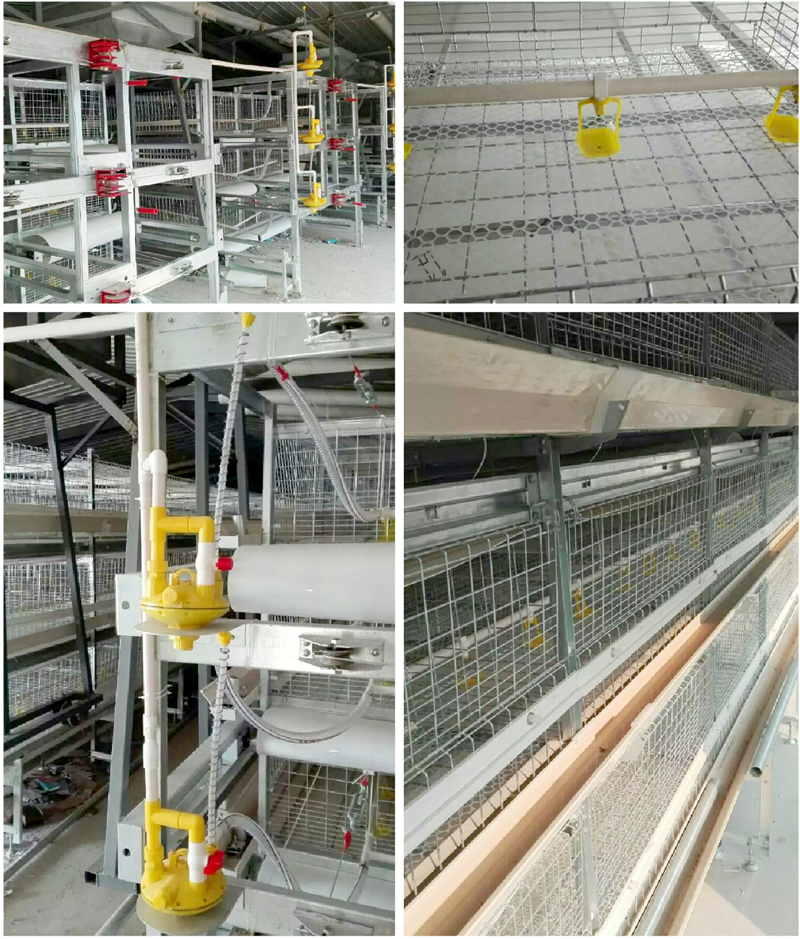
Stepped Layer Hen Cage Rearing Equipment
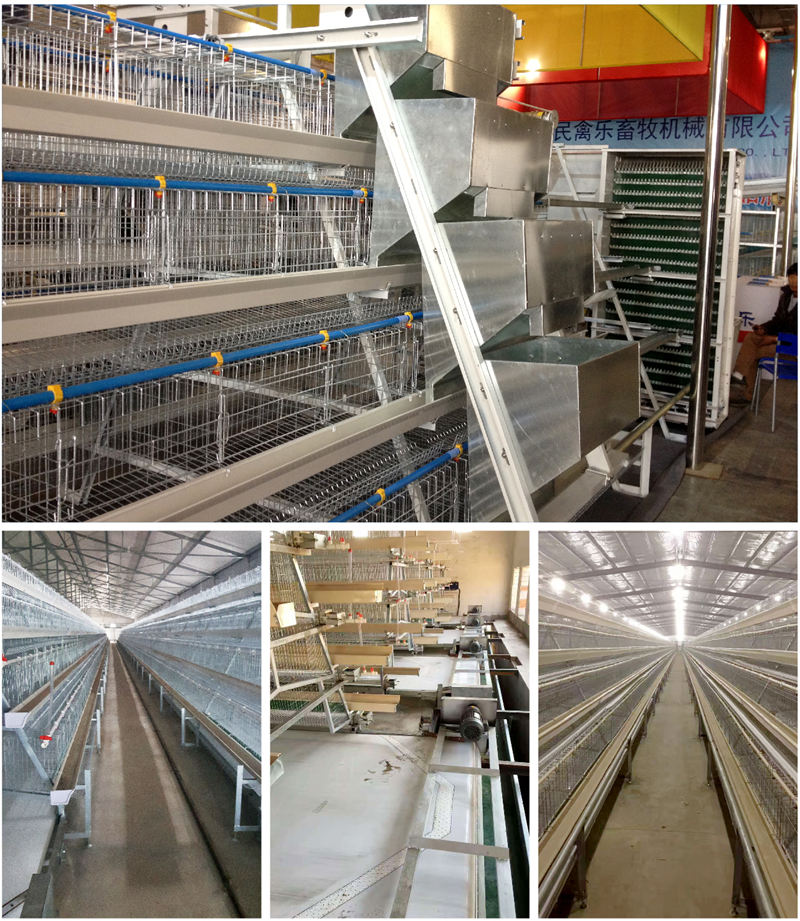
Automatic Egg Collection System
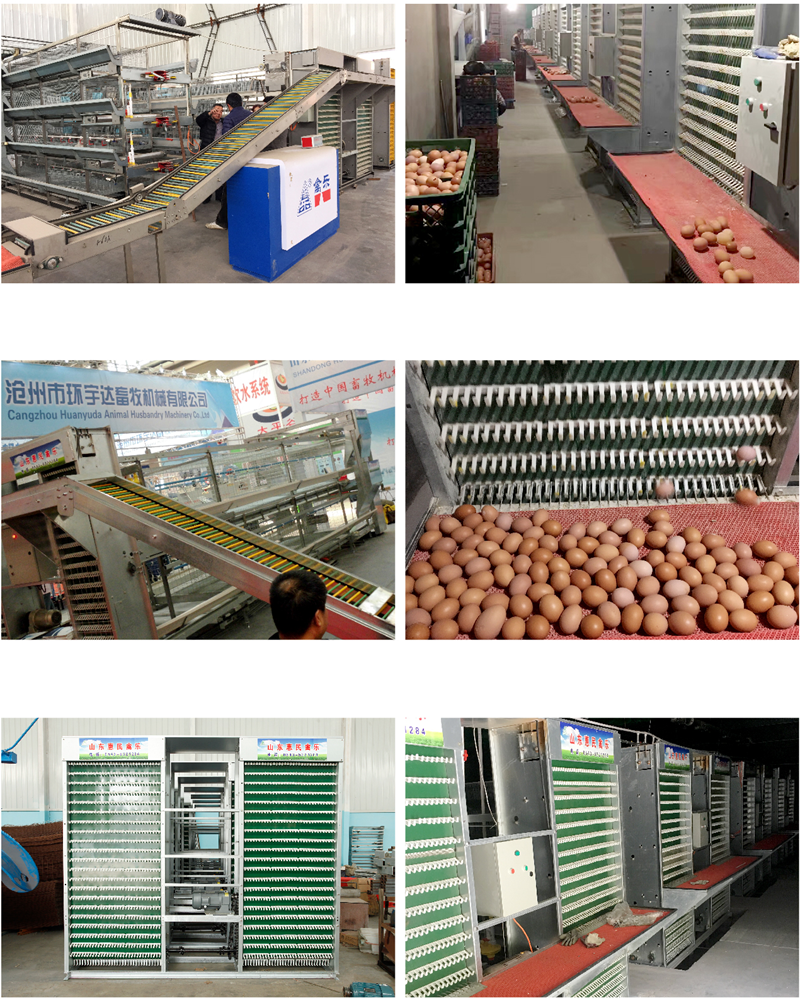
H-type Cage Feeding Machine
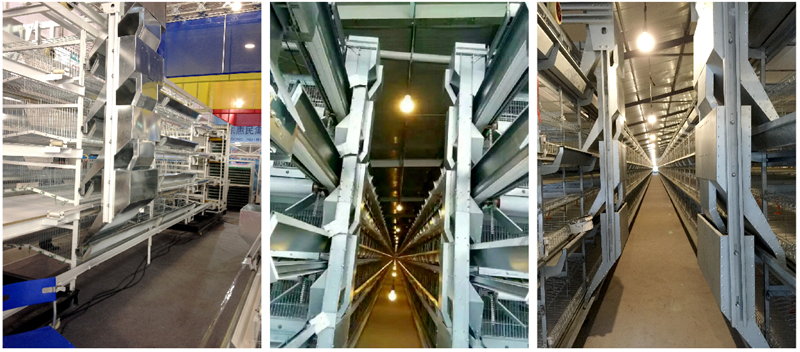
Stepped Cage Straddle Feeder
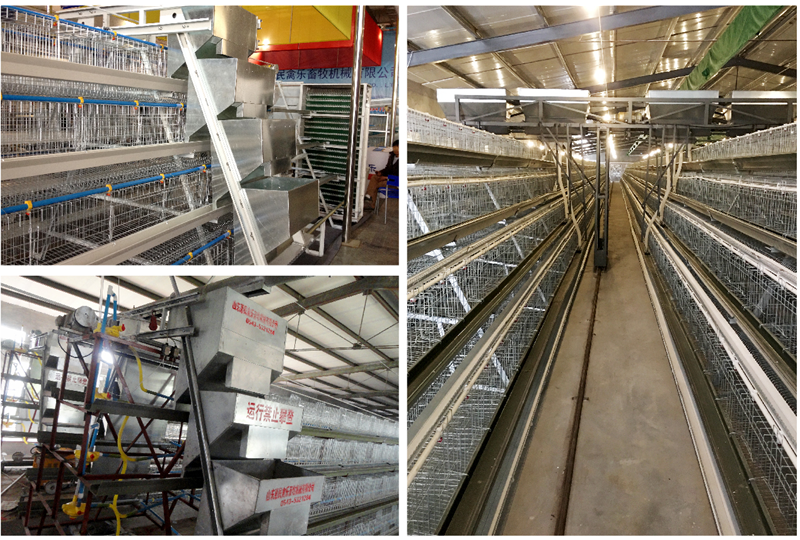
Manure Removal Machine
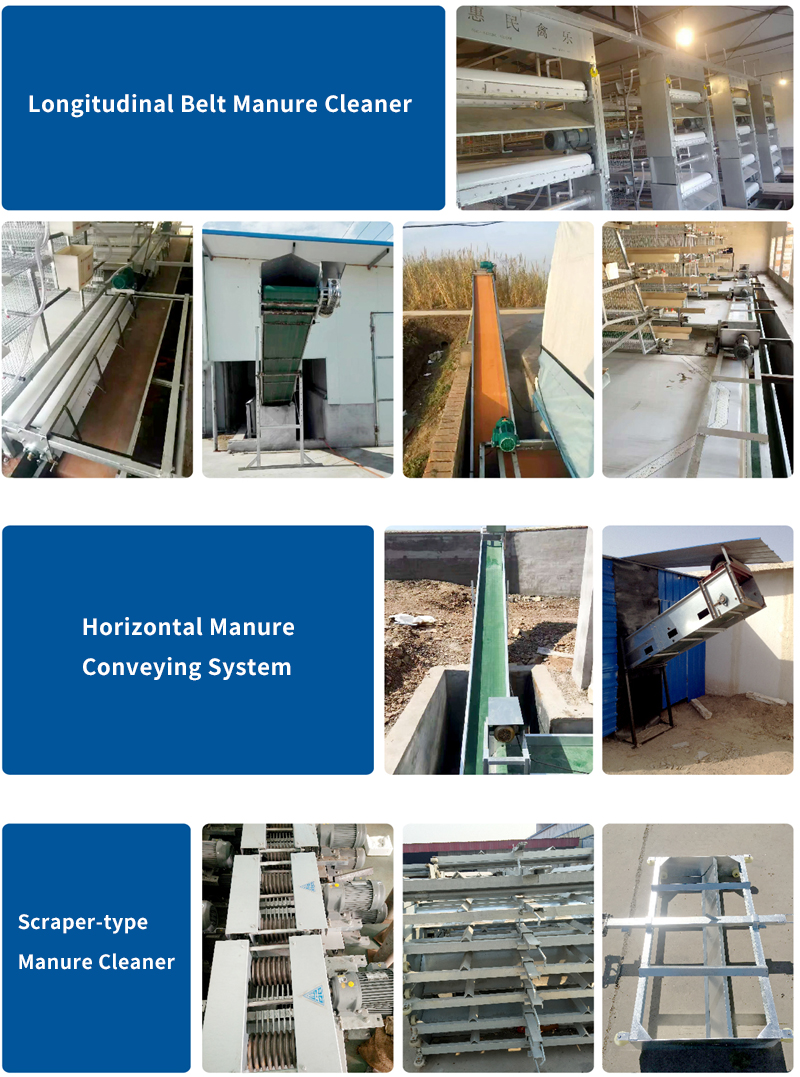
Fans, Heated Curtains, Environmental Control Systems, and Lighting Equipment
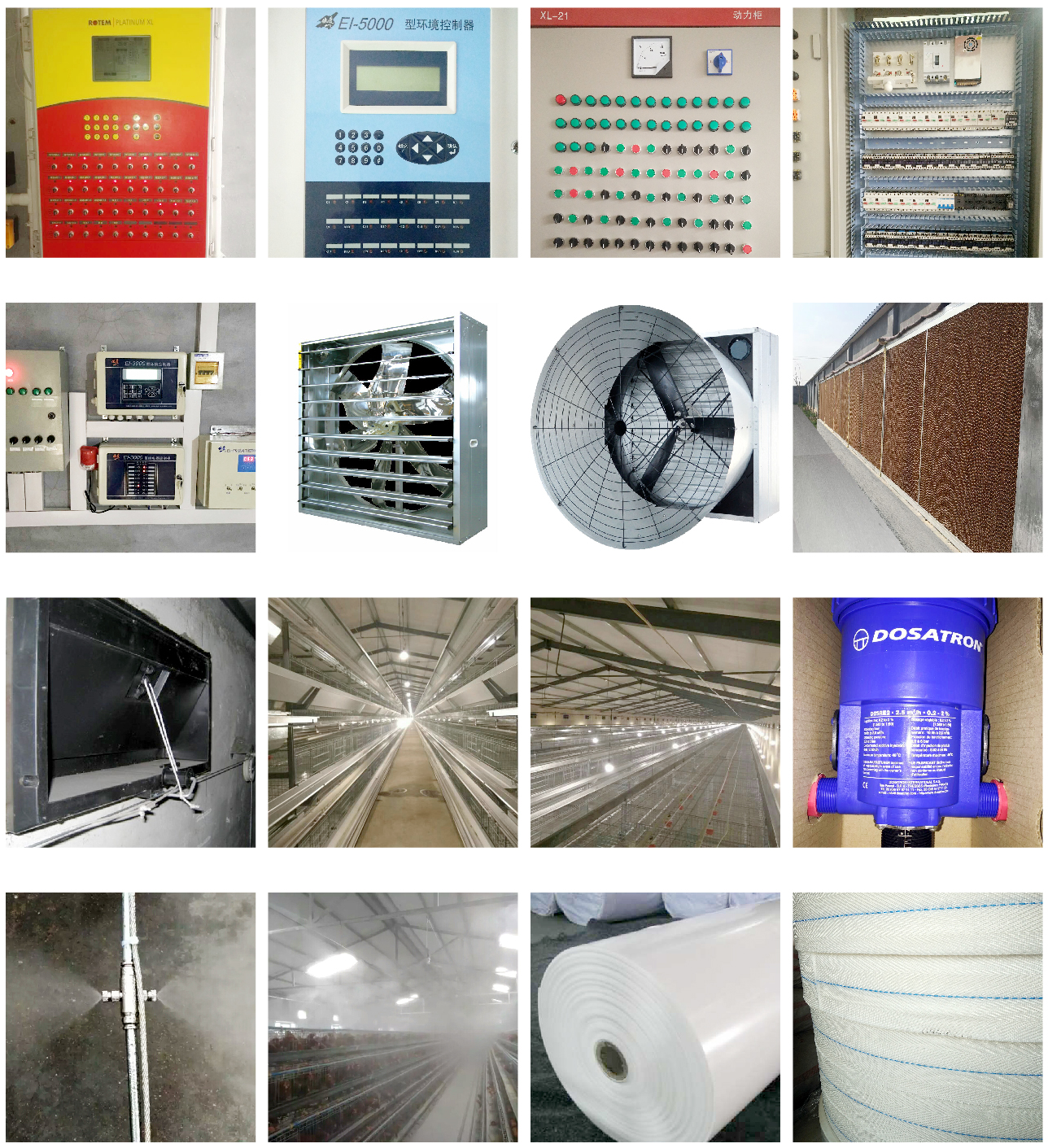
Complete Set of Equipment for Organic Fermentation Treatment of Manure
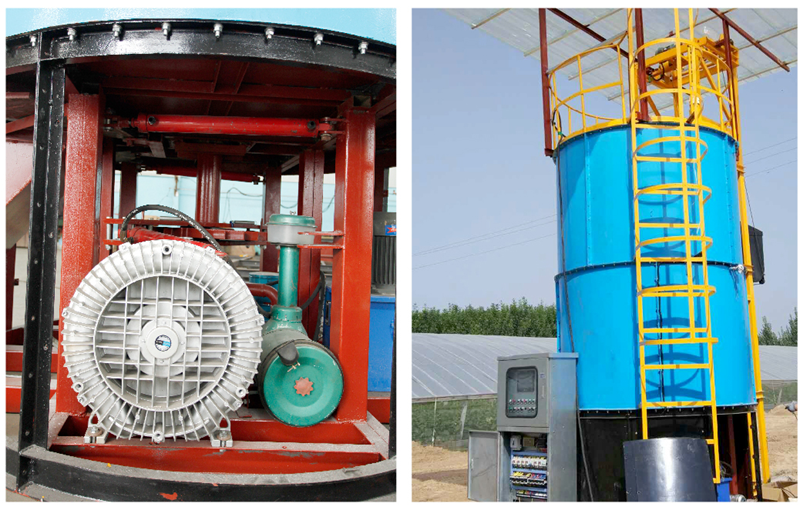

 Catalogue
Catalogue































 واتس اب
واتس اب هاتف
هاتف